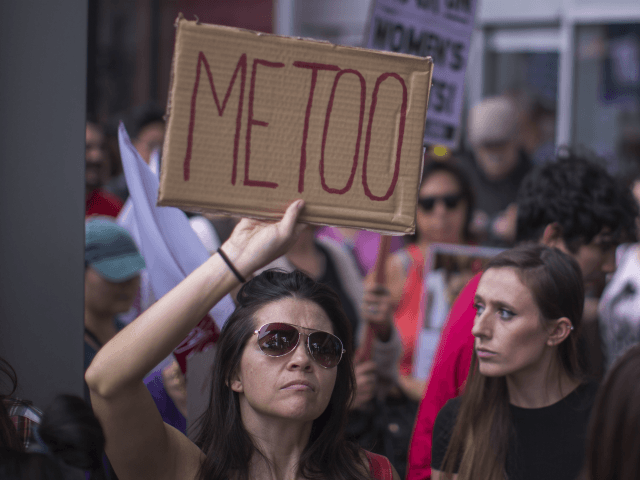Following the popularity of the #MeToo hashtag aimed at raising awareness of sexual assault, Silicon Valley startups have begun capitalizing on the issue of harassment in the workplace.
The Washington Post reports that some Silicon Valley startup companies have appeared aimed at preventing sexual harassment in the workplace. The Post spoke to Lisa Gelobter, former technology executive at Black Entertainment Television (BET) and Hulu, has recently set up her own startup called tEQuitable which aims to, “help companies and employees address issues of bias, discrimination, harassment and the uncomfortable situations that fall in between.” Gelobter, who also worked as chief digital service officer in the Obama administration’s Department of Education, stated “We want to be a confidential digital ombudsman. We want to digitize that human advice.”
tEQuitable is just one of many new startups based on the idea of helping employees report harassment in the workplace, but these startups could pose difficult legal problems for companies. Jonathan Segal, an employment lawyer in Philadelphia, commented on the new wave of startup ventures saying, “It creates some risk — it’s a bit of unknown territory. You’re being told there’s a potential crime in the workplace — but not being told there’s a clear crime in your workplace.” Many of these startups take different approaches to the issue of harassment, such as AllVoices, a startup founded by former 20th Century Fox vice president Claire Schmidt. AllVoices helps company employees to anonymously report harassment but is geared towards getting the message to company CEO’s and other higher-ups. Schmidt said she started the company after talking to people, “who had experienced harassment but really did not feel safe reporting that harassment at work, to human resources, to their bosses.”
Bravely works alongside employers to provide an independent third-party human resources “coach” of sorts that can be called by employees who want to get advice on conflict issues at work or cases of harassment. Many employees may be hesitant to speak to in-house HR departments over fears that HR staff may alert the company of their issues, Bravely aims to fill that “trust gap” between employees and the companies that employ them. Another startup, Botler AI, uses artificial intelligence to combat sexual harassment in the workplace. The service cross-references thousands of legal documents related to sexual harassment in the workplace and predicts whether an employees workplace experience may have been illegal in the U.S. or Canada.
Legal experts such as Segal, however, warn that anonymous reporting tools may lead to problems for companies in the future and that strong workplace communication and other reporting tools are still of paramount importance. Segal warns, “employers need to think before they jump,” and that companies “could find themselves in the dilemma of learning there are problems — the specifics of which they don’t know — but with a minimal ability to handle it.”
Lucas Nolan is a reporter for Breitbart News covering issues of free speech and online censorship. Follow him on Twitter @LucasNolan_ or email him at lnolan@breitbart.com

COMMENTS
Please let us know if you're having issues with commenting.